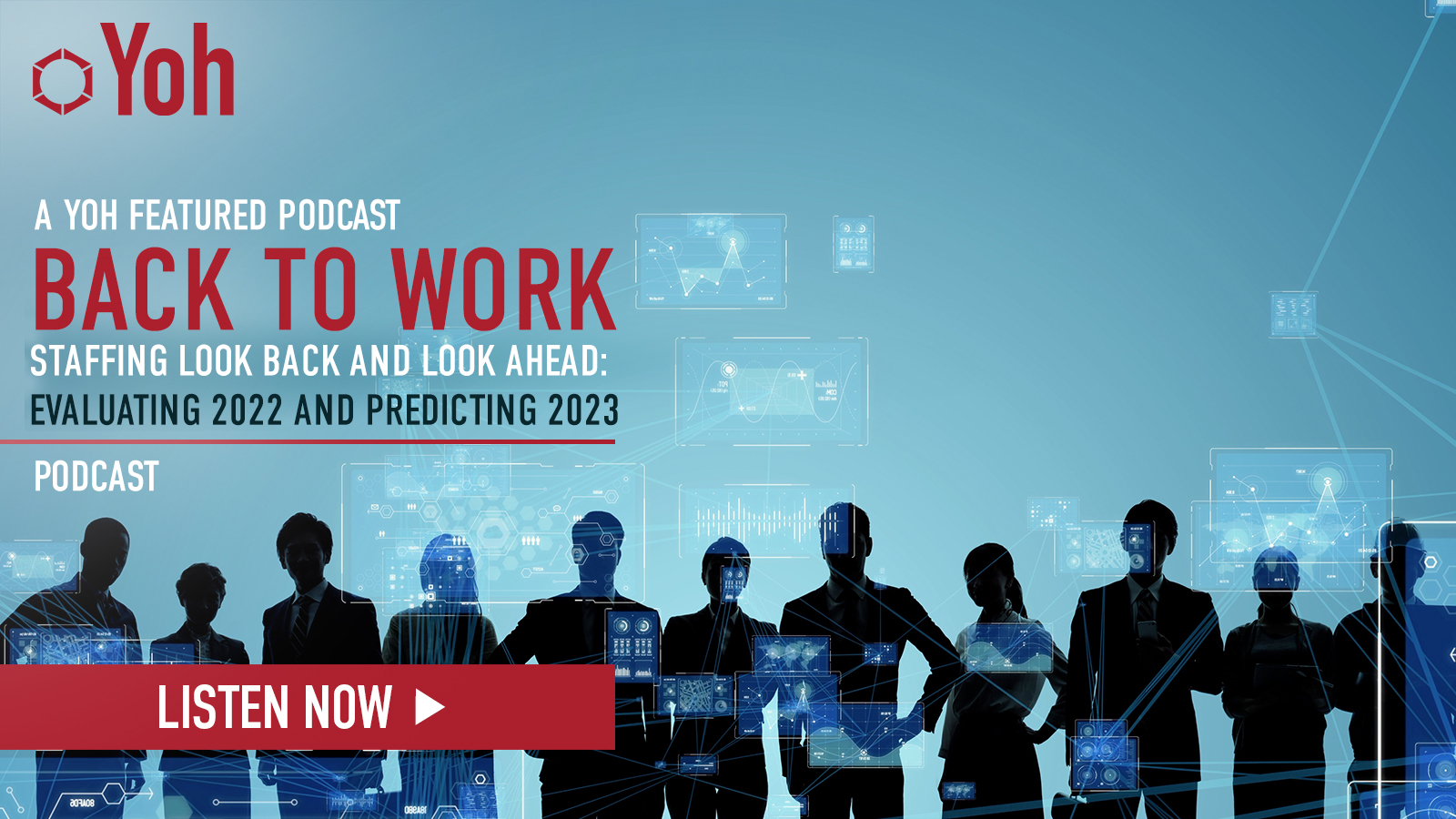Overcoming the Stigma of Mental Illness in the Modern Workplace
Workplaces are no longer the same as 10 years ago. Collaboration tools such as Zoom, Asana, and...
%20Size%20Photos/GettyImages-1457878549.jpg?width=779&height=726&name=GettyImages-1457878549.jpg)
%20Size%20Photos/GettyImages-1457878549.jpg?width=365&height=210&name=GettyImages-1457878549.jpg) Welcome to the fast-paced world of HR, where the goal is to achieve effectiveness and leave a lasting impact. HR Effectiveness can be compared to a constantly shifting puzzle, with each piece representing a crucial HR activity, such as onboarding new employees, devising strategic plans, or setting compensation.
Welcome to the fast-paced world of HR, where the goal is to achieve effectiveness and leave a lasting impact. HR Effectiveness can be compared to a constantly shifting puzzle, with each piece representing a crucial HR activity, such as onboarding new employees, devising strategic plans, or setting compensation.
According to experts John Boudreau and Edward E. Lawler, the cumulative effect of these activities determines an organization's success. Boosting, measuring, and continuously improving HR effectiveness is the cornerstone of achieving remarkable results.
From strategic recruitment strategies to robust performance management systems, the journey to HR excellence requires a blend of innovation, analysis, and adaptability. Let's jump into the strategies that drive HR into unparalleled effectiveness.
Human resources are the backbone of any organization. However, managing HR tasks is time-consuming and complex in this fast-paced business environment. This is the reason HRs must improve their operation efficiency. So, here are a few key ways to improve the efficacy.
An Applicant Tracking System (ATS) is a fundamental tool for effectively managing high-volume recruitment efforts. It streamlines and automates various hiring process stages, from job posting to resume screening and interview scheduling.
According to G2 reports, approximately 78% of employers leveraging ATS platforms find it significantly easier to identify and attract talented candidates through recruitment technology. Beyond time-saving benefits, ATS fosters improved collaboration among hiring teams.
An ATS, equipped with features such as resume parsing, keyword matching, and centralized candidate databases, empowers recruiters to concentrate on critical tasks while ensuring a structured and efficient hiring workflow.
In today's fast-changing business world, continuous training is crucial for success. Many companies hire the right people but must remember to support their growth. After five years, these employees may feel stuck in their careers and unhappy with their jobs.
To keep your staff happy and motivated, providing ongoing training and opportunities for career advancement is essential. When employees have updated skills, they feel more confident and connected to the company, which boosts productivity. You can stay ahead of competitors by keeping your staff trained on the latest industry trends.
Encouraging a supportive and inclusive workplace culture will help you value diversity, collaboration, and employee wellbeing. HR can implement initiatives such as employee recognition programs and flexible working arrangements, which promote team morale and overall organizational success.
Here are a few pointers to foster this practice:
Reward programs help organizations to recognize employees for their support. Such programs help employees enhance motivation, boost morale, and promote positive work culture. So, let's follow the following points when to implement these rewards programs:
Investing in employee health and well-being is paramount for a thriving workplace. Access to wellness programs, mental health resources, and appropriate workspaces fosters a positive environment. Employees who feel supported in their physical and mental health are more engaged, productive, and loyal.
Promoting a healthy work-life balance also reduces stress and absenteeism while enhancing morale and job satisfaction. By prioritizing employee wellbeing, organizations demonstrate care for their staff and reap long-term benefits, including increased retention rates and overall organizational success.
Embracing HR technology into the organization offers key benefits. It improves efficiency, streamlines the recruitment process, and enhances candidate and employee experience. However, by implementing these advanced technologies, you can optimize your HR operations and workforce, providing sustainable business growth.
Start investing in HR technology to improve your effectiveness. These tools eliminate the manual process and provide a smooth shift toward automation.
Author Bio: Lovepreet works with RChilli Inc. It is the trusted partner for job/resume parsing, matching, and data enrichment, providing companies, in 50+ countries, with solutions built for the future of technology and recruiting.
%20Size%20Photos/GettyImages-1422876490.jpg)
Workplaces are no longer the same as 10 years ago. Collaboration tools such as Zoom, Asana, and...
May 02, 2023

Talent management is changing. In today's dynamic world, employees are seeking places of employment...
December 28, 2022

In today's dynamic workplace, difficult conversations are often inevitable. Whether you need to...
May 03, 2023